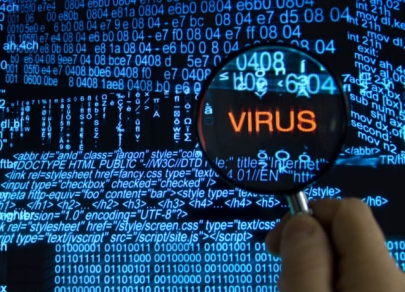FX.co ★ 10 most powerful cyber attacks: what to expect next year
10 most powerful cyber attacks: what to expect next year
According to experts, the developers of legitimate software will be attacked more often. Not the ultimate goals (large companies) will be under the attack but an intermediary will be used, the producer of known programs.
One of the first full-scale DDoS attacks (distributed denial of service) via the Internet servers of large companies was the Mafiaboy virus, which spread in 2000. The virus attacked such famous sites as Yahoo, Fifa.com, Amazon, Dell, eBay, and CNN. It was developed by a Canadian high school student, and the damage was about $1.2 billion.
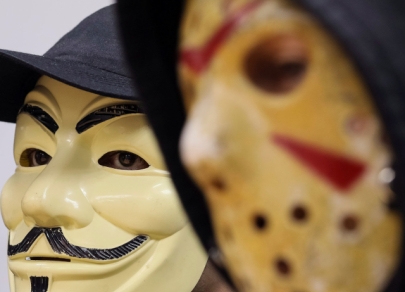
Among the unusual devices that may be susceptible to attack next year, experts call cars and medical devices. And with the help of fitness gadgets, which store a huge array of confidential information, with their weak protection, criminals can steal personal data.
The first full-fledged computer worm that infected cell phones in 2004 was Cabir. Every time, when trying to turn on an infected phone, its owner saw the inscription Caribe on the screen. It was quite difficult to identify it because the worm disguised as a program to protect the phone.

The media and social media are also at risk of cyber attacks. One false message on the page of an influential person or the media can cause fluctuations in markets. It will be almost impossible to determine the customer of this attack.
The first malicious program that spread through social networks was ZeuS, a Trojan program that appeared in 2007. Facebook users received photo messages that redirected them to sites with a virus. Then the program introduced into the system and received personal data, due to which criminals abducted money from the accounts of leading European banks.
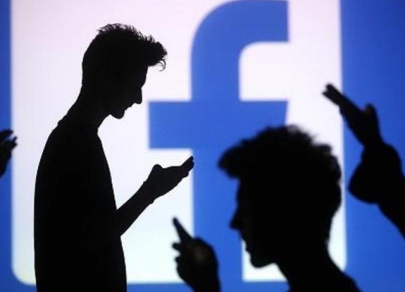
Cyber attacks on the UEFI programming interface, which replaced BIOS, are expected in the coming year. This is the layer between the firmware and the OS of modern computers that can install and run executable files, and also have access to the Internet.
One of the first network worms spread via the Internet was the Morris worm. It was written by the graduate student of Cornell University Robert Tappan Morris and launched on November 2, 1988, at the Massachusetts Institute of Technology. The damage amounted to approximately $96.5 million. On the photo is a floppy disk with the source code of the worm which is stored in the Museum of Science in Boston.
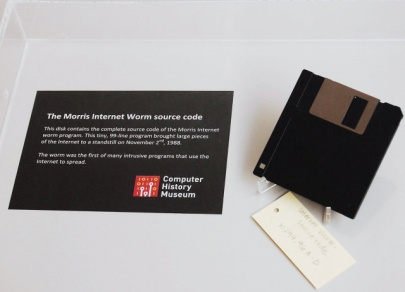
Industrial systems will also be targeted by cybercriminals more often, as they are more vulnerable than corporate ones.
StuxNet is a virus that attacked industrial systems that control production processes. This is the first really used cyber weapon. In 2010, the virus disabled Iran's nuclear facilities, physically destroying the infrastructure: then up to 20% of Iran's nuclear centrifuges could suffer.
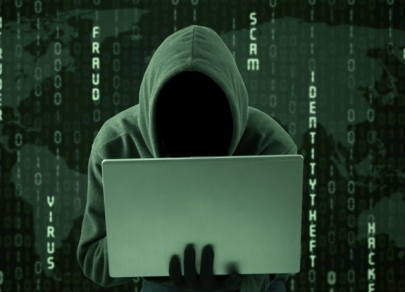
In addition, in the next year hackers will more often hack routers and modems, according to Kaspersky Lab.
In 1999, the Melissa virus became the first malicious code distributed by e-mail. It managed to disrupt the work of several large companies' mail servers. As a result, the load on mail servers increased, and the processing of e-mail messages ceased or slowed down significantly. The damage was estimated at $80 million. In the photo, there are Fredrik Bjork (on the left) and Joan Ekstrom, experts who helped the FBI to find the author of the virus.
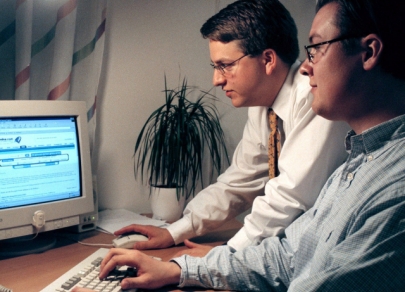
Again, ATMs will be under attack, but experts believe that the attacks will become fully automated, which will shorten the time required for theft. On the photo, there is a British IT expert Marcus Hutchins, suspected of spreading the Kronos virus, with the help of which cyber-masters successfully had been stealing bank card data in 2014-2015. It is noteworthy that a couple of months before his arrest in 2017, Hutchins managed to neutralize the famous encryptor virus WannaCry which attacked 200 000 computers in 150 countries in May 2017. The damage is estimated at $1 billion.

In 2014, the Lazarus virus led to a large-scale leak of personal data of Sony Pictures employees, e-mail, and unreleased films. The damage was estimated at $100 million ($83 million of which - due to the loss of the films being prepared for exhibition). It is believed that the attack on the servers of Sony was realized by the cyber group Lazarus, associated with the government of North Korea.
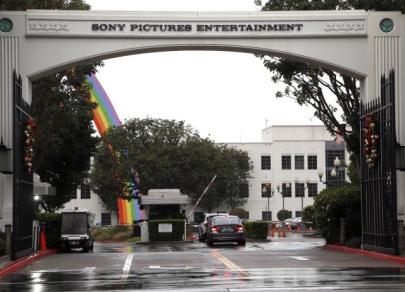
The computer virus "Chernobyl", also known as CIH, was the first malicious program that was able to damage the hardware of the computer - the Flash BIOS chip. The virus first appeared in June 1998, and since then its epidemic has not stopped.
